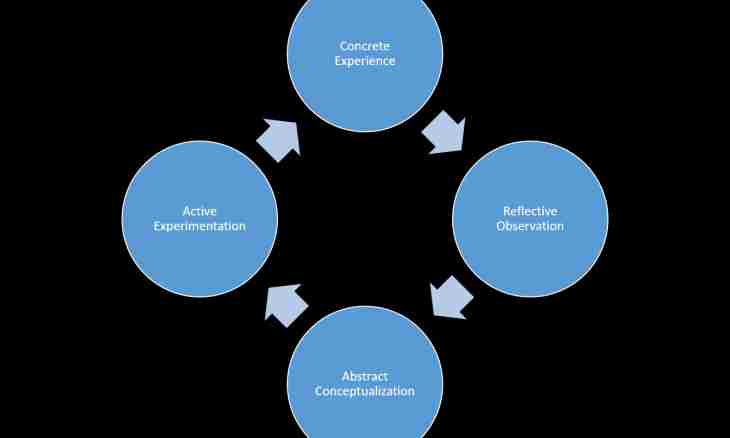Knowledge of reality can be carried out in several ways. In usual life of people intuitively or consciously uses ordinary, art or religious forms of comprehension of the world. There is also scientific form of knowledge having the set of methods. Conscious splitting knowledge into stages is characteristic of it.
Features of scientific knowledge
Scientific knowledge strongly differs from ordinary. In science there is own set of objects which are subject to study. Scientific comprehension of reality is focused not on reflection of external signs of some phenomenon, and on understanding deep essence of objects and processes which are in science focus.
In science the special language is developed, specific methods of a research of reality are developed. Knowledge happens indirectly here, through the corresponding tools which in the best way are suitable for identification of regularities of the movement of various forms of matter. As a basis for the generalizing conclusions in scientific knowledge the philosophy is used.
All stages of scientific knowledge are reduced in a system. Studying the phenomena observed by scientists in the nature and society happens in science systematically. Conclusions are drawn on the basis of the objective and checked facts, they differ in logical organization and validity. Scientific knowledge uses the methods of justification of reliability of results and confirmation of the validity of the got knowledge.
Stages of scientific knowledge
Knowledge of science begins with statement of a problem. At this stage the researcher outlines area of researches, eliciting already known facts and those parties of subject reality, knowledge of which is not sufficient. The scientist, putting before itself or by scientific community a problem, usually points to border between known and unknown which is required to be passed in the course of knowledge. At the second stage of process of knowledge there is a formulation of a working hypothesis which is designed to resolve a situation with insufficient knowledge of a subject. The essence of a hypothesis consists in promotion of the reasonable assumption having some set of the facts which are subject to check and an explanation in the basis. One of the main requirements to a hypothesis is that it has to be the checked methods accepted in this field of knowledge. At the next stage of knowledge the scientist carries out collecting primary data and systematizes them. In science the observation and an experiment are widely used for this purpose. Data collection has system character and submits to the methodological concept adopted by the researcher. The results of researches reduced in a system give the chance to accept or reject the hypothesis made earlier. On a closing stage of scientific knowledge there is a creation of the new scientific concept or theory. The researcher generalizes results of work and gives to a hypothesis the status of knowledge having property of reliability. As a result the theory which in a new way describes and explains some set of the phenomena which is earlier outlined by the scientist is born. Provisions of the theory are proved from a position of logic and are provided to the uniform basis. Sometimes during creation of the theory the scientist encounters the facts which did not receive an explanation. They can serve as a starting point for the organization of new research that allows to provide continuity in development of concepts and does scientific knowledge infinite.

